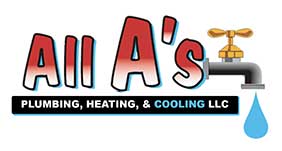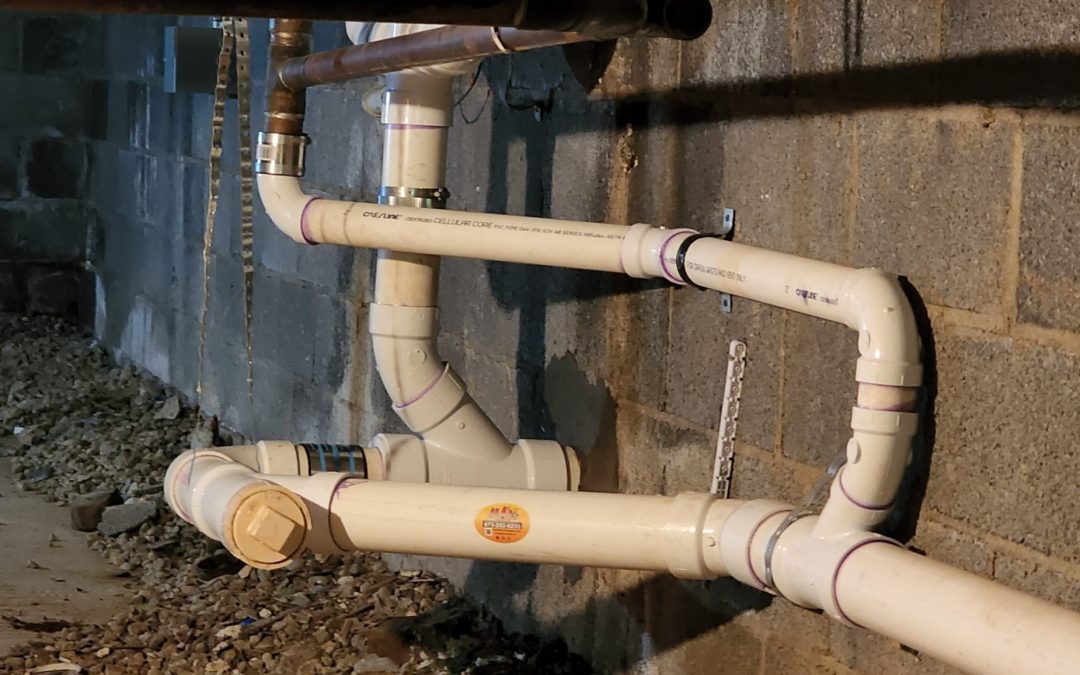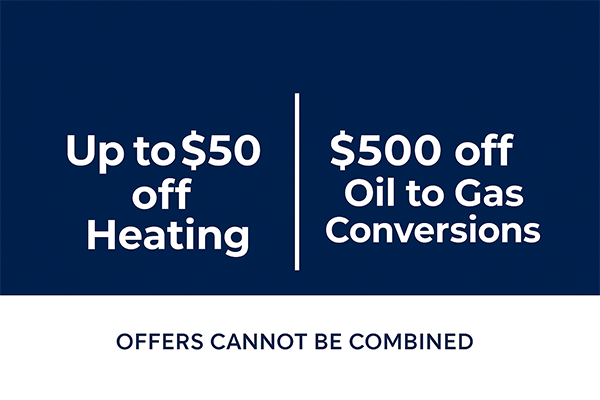Pouring oil down the drain might seem like a quick and easy way to dispose of leftover cooking grease, but this action can have detrimental effects on your plumbing system and the local environment. The seemingly harmless act of disposing oils, fats, and grease (collectively known as FOG) down your kitchen sink can lead to significant issues, not only within the confines of your own home but also in the broader municipal sewer systems.

The Impact of Grease in Your Pipes
When hot, oils and fats are in a liquid state, making them seem safe to pour down the drain. However, as these substances cool, they solidify, leading to clogs within your home’s plumbing. These blockages can be tough to clear and may require professional intervention to remove, potentially resulting in costly plumbing bills.
Fatbergs: An Environmental Nightmare
The issue extends beyond the pipes in your home. In the municipal sewer system, grease from numerous households combines, congealing into massive blockages known as fatbergs. These blockages consisted not only of FOG but also of other non-biodegradable items flushed down toilets, such as wet wipes and cotton buds. Fatbergs can grow to enormous sizes, causing significant damage to sewer infrastructure and even leading to sewage overflow into streets and waterways.
Proper Disposal Methods
To counteract these issues, it’s crucial to dispose of grease properly. After cooking, allow oil to cool and then pour it into a disposable container, or soak it up with paper towels for smaller amounts. These can then be thrown in the trash. For large amounts of oil, consider reusing or recycling where facilities exist. Such actions not only protect your home’s plumbing but also contribute to the health of the municipal sewer system.
The Hidden Costs
Municipalities spend millions annually clearing blockages and repairing damage caused by fatbergs. These costs often trickle down to residents in the form of higher utility bills. Furthermore, the environmental impact of sewer overflows, including the potential to harm wildlife and contaminate water bodies, is significant. By properly disposing of cooking grease, you play a part in mitigating these environmental and financial costs.
What If It’s Too Late?
If you’ve already poured grease down the drain, you’re not out of options. Flushing the drain with boiling water mixed with dish soap can help break down the grease, allowing it to move more freely through the pipes. However, this is a short-term solution and doesn’t remove the underlying issue of grease buildup in the sewer system.
Conclusion
Understanding the consequences of pouring oil down the drain is crucial for homeowners and tenants alike. The cumulative effect of such practices can lead to expensive plumbing repairs for individuals and significant infrastructure challenges for communities.
Get Professional Help
If you’re facing persistent plumbing issues or want to know more about proper disposal methods, All A’s Plumbing and Heating is here to assist. Our team of experts can provide advice and services to keep your plumbing in top condition and help you contribute to a healthier sewer system.
For enquiries or to schedule a preventive maintenance check, reach out to us at (973) 252-6233 or fill out our online form available on our website. Serving the Randolph, NJ area, we’re committed to ensuring your plumbing needs are met with the highest standards of service.



Recent Comments